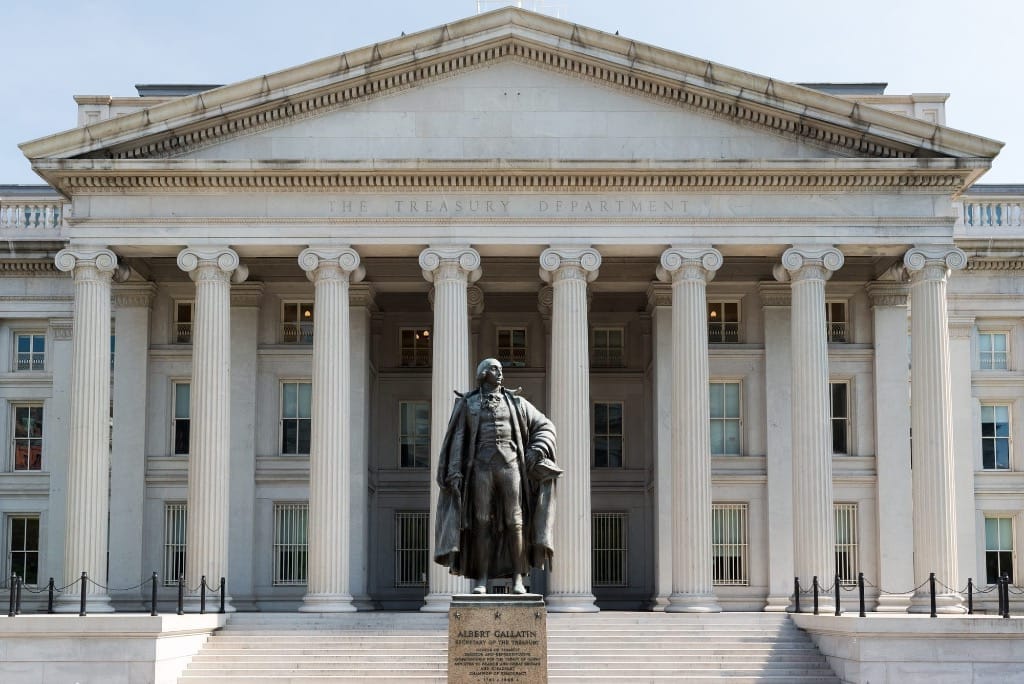FCC Moving to Seek Rip and Replace Cash from U.S. Treasury
A defense bill providing funding for the program was signed into law Dec. 23, 2024
Jake Neenan

WASHINGTON, Jan. 2, 2025 – The Federal Communications Commission said last week it will take quick steps to secure extra cash that would allow the agency to fully reimburse providers for swapping out Chinese equipment.
The agency is borrowing the cash from the Treasury, which is set to be repaid by a spectrum auction.
“The Commission will expeditiously submit a request to borrow the funds,” the Wireline Competition Bureau said in a Dec. 26 public notice. “Once approved, the Bureau and [Office of Managing Director] will then release a Public Notice announcing the date on which the additional funding will be available for distribution.”
The FCC’s Rip and Replace program, as it’s known, covers for smaller carriers the cost of replacing network gear from Huawei and ZTE, which have been blacklisted by American lawmakers. The program was set up with about $2 billion in funding, but received more than $5 billion in applications in late 2021, most of which were deemed necessary, leaving participants with prorated reimbursements as deadlines loomed and equipment aged.
Just last month Congress passed a sweeping defense policy bill that included funding to shore up the Rip and Replace deficit, and President Joe Biden signed it into law on December 23. The FCC can borrow an extra $3.08 billion from the Treasury, which is set to be paid back with proceeds from auctioning off spectrum licenses in the AWS-3 band. The agency’s general authority to sell off airwaves as it sees fit wasn’t restored.
The bureau said it would allocate the money to providers who had yet to be fully reimbursed, and would “notify recipients when their full allocations are reflected in the Supply Chain Reimbursement Program portal.”
The WCB noted that the program’s reimbursement portal allows providers to submit invoices beyond their original allocation and said participants shouldn’t stop sending them in if they exceed that amount.
“We encourage recipients to submit all relevant invoices for the work completed under the Reimbursement Program,” the notice said.
The agency also submitted an update to Congress on the program on Dec. 30. The document largely tracked with what FCC Chairwoman Jessica Rosenworcel told lawmakers in early December – part of her longstanding effort to spur action on the issue – before it was clear the defense bill language would include funding.
The more recent update said 36 of the 126 participants had finished replacing all their equipment, up from 30 when Rosenworcel wrote to Congress. The number included five providers that indicated their work was completed but not formally certified, the agency noted.
As of Nov. 30, 2024, the FCC had granted 132 project extensions—work is required to be done within one year of receiving funds—at least in part due to the funding shortfall, and half the participants said they wouldn’t have been able to finish work at all without full funding.
Even with the funding issue solved, there are still hurdles to clear. Supply chain disruptions accounted for another 72 extensions, the agency said, and about a third of participants have reported trouble securing enough workers.









Member discussion